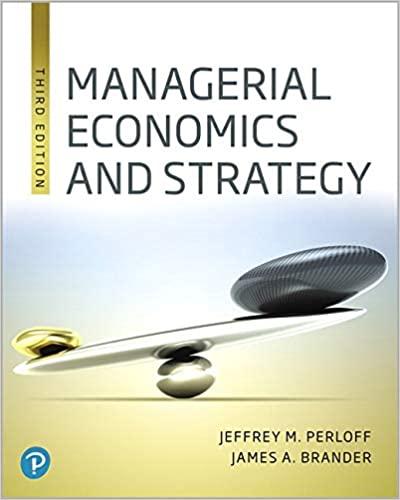Question
RICE TARIFFICATION LAW President Rodrigo Duterte signed into law an act that will lift import restrictions on rice, a measure the government hopes will make
RICE TARIFFICATION LAW
President Rodrigo Duterte signed into law an act that will lift import restrictions on rice, a measure the government hopes will make the food staple more affordable for Filipinos. The president signed Republic Act No 11203 "An Act liberalizing the importation, exportation, and trading of rice, lifting for the purpose the quantitative import restriction on rice." last February 14 - the day before it was to lapse into law.
The law seeks to amend Republic Act (RA) No. 8178 or the Agricultural Tariffication Act of 1996 and replace the quantitative restriction (QR) on rice imports .Instead of limiting how much rice will enter the country, rice imports will just be slapped witn a tariff.
Rice from Southeast Asian countries will pay a 35% tariff or the import duty rate commitment of the Philippines for rice importation, pursuant to the ASEAN Trade in Goods Agreement. However, for non-ASEAN member states, the tariff is at 50% or the tariff equivalent calculated in accordance with the World Trade Organization agreement on agriculture upon the expiration of the waiver relating to the special treatment for rice of the Philippines, whichever is higher.
This deregulation of rice will mean imported rice flooding the country, to the disadvantage of Filipino rice farmers and local rice industry as a whole which can't compete with the prices of rice from countries like Thailand and Vietnam.
However, this increased supply of rice is expected to benefit rice consumers who will have access to more affordable rice.
The law creates a Rice Competitiveness Enhancement Fund that will go to programs aimed at increasing the income of Filipino farmers. The fund shall amount to P10 billion annually for the next 6 years.
The fund seeks to provide various forms of assistance to rice farmers, such as development of inbred rice seeds, rice farm equipment, and skills enhancement. Under the measure, the fund would be allocated and disbursed to rice-producing areas. -Rappler.com
Please read the Rice Tariffication Law before answering the following questions:
- Would the changes (in supply) be elastic or inelastic? Defend your answer.
- What will be its impact on the income of rice farmers? Discuss by giving a hypothetical situation with realistic assumptions such as "without" the law (RA 11203) and "with" the law.
Please do not give me a handwritten answers. Hoping for you help. Thank you
Step by Step Solution
There are 3 Steps involved in it
Step: 1

Get Instant Access to Expert-Tailored Solutions
See step-by-step solutions with expert insights and AI powered tools for academic success
Step: 2

Step: 3

Ace Your Homework with AI
Get the answers you need in no time with our AI-driven, step-by-step assistance
Get Started


